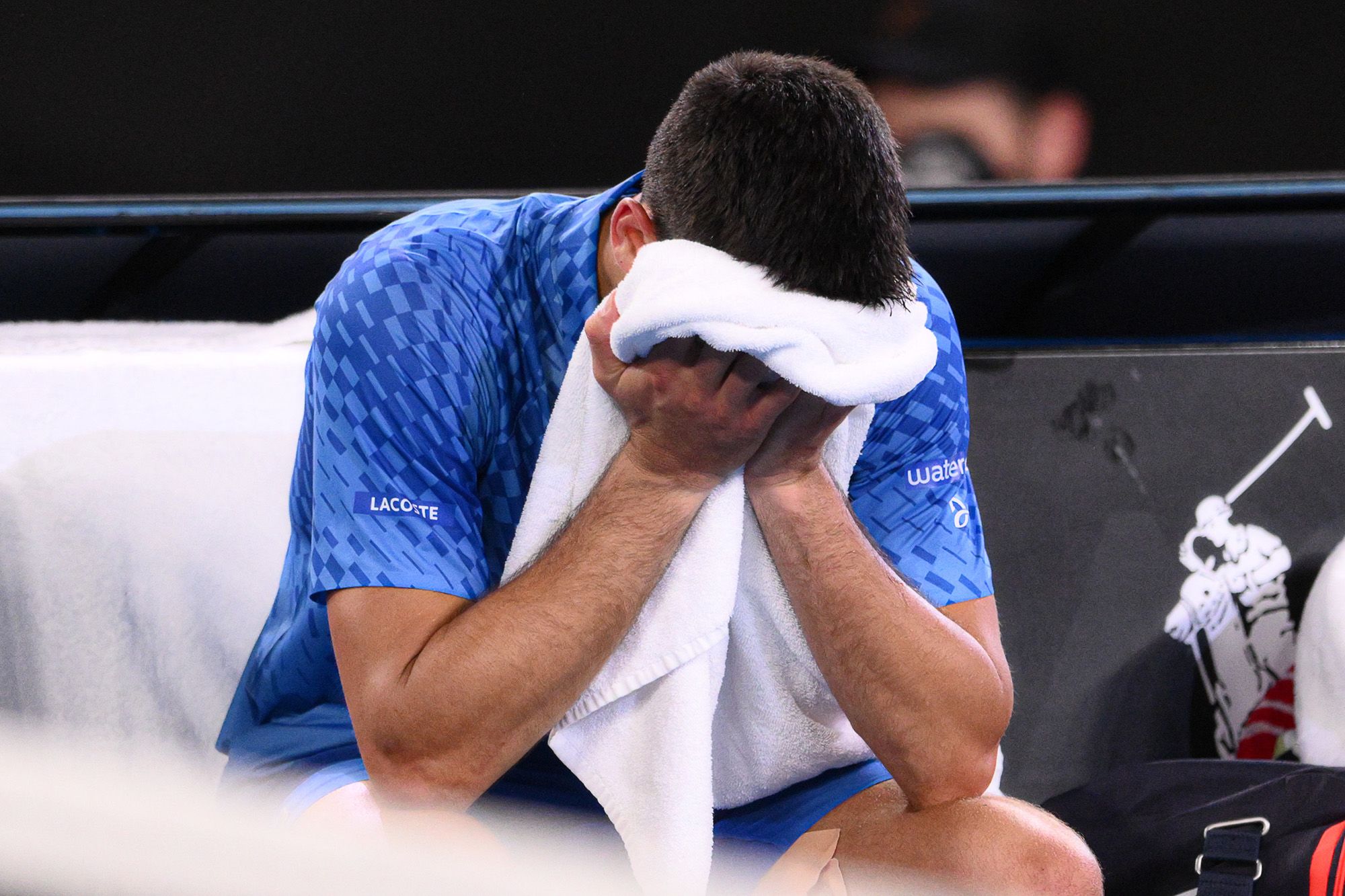Defending champion Novak Djokovic wrapped up a five-set victory against Lorenzo Musetti at 3:07 on Sunday at the French Open, by far the latest ever finish at the clay-court Grand Slam.
It reopened the discussion around why matches are allowed to continue into the early hours and the impact on player welfare.
“I feel like a lot of times people think you’re done, but really at 3am [you’re] probably not going to bed until 5am at the earliest, maybe 6am or 7am,” said US Open women’s champion Gauff.
“I definitely think it’s not healthy.
“For the health and safety of the players, it would be in the sport’s best interest to try to avoid those matches finishing or starting after a certain time.”
In January, the ATP and WTA Tours jointly brought in a new rule, which means no matches can start after 11pm.
However, the ruling has not been applied to the four majors, which make their own policies. Tour matches are also played over three sets, while men play best-of-five at the Grand Slams.
Iga Swiatek, the defending women’s champion, also called on the authorities to act.
“It’s not easy to play and it’s not like we’re going to fall asleep one hour after the match,” said the Polish world number one.
The decision by the French Open to put Grigor Dimitrov’s unfinished match against Zizou Bergs on Court Philippe Chatrier before Djokovic and Musetti in the night session backfired.
That match, which was rained off on Friday, was moved to Chatrier when it looked like Alexander Zverev was going to wrap up a four-set victory against Tallon Griekspoor in the final match of the day session.
However, that went to five sets before Dimitrov, who restarted the match with a one-set advantage, needed four sets to beat Bergs.
It meant Djokovic and Italy’s Musetti, who should have started at 8:15 local time, did not step on court until 10:37 .
After sealing victory four-and-a-half hours later, Djokovic said he did not “want to get into” discussing the scheduling decision.

Leave a Reply